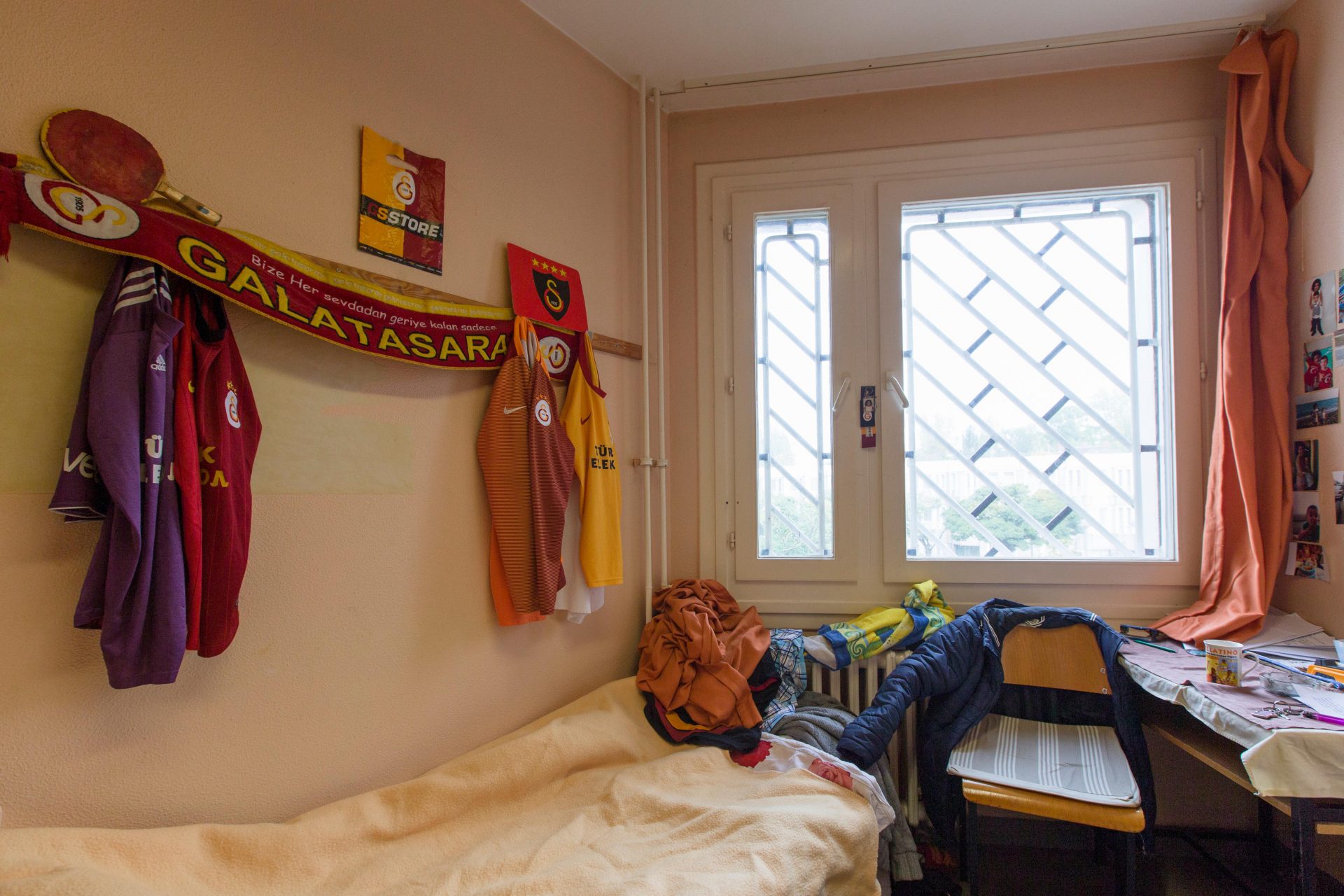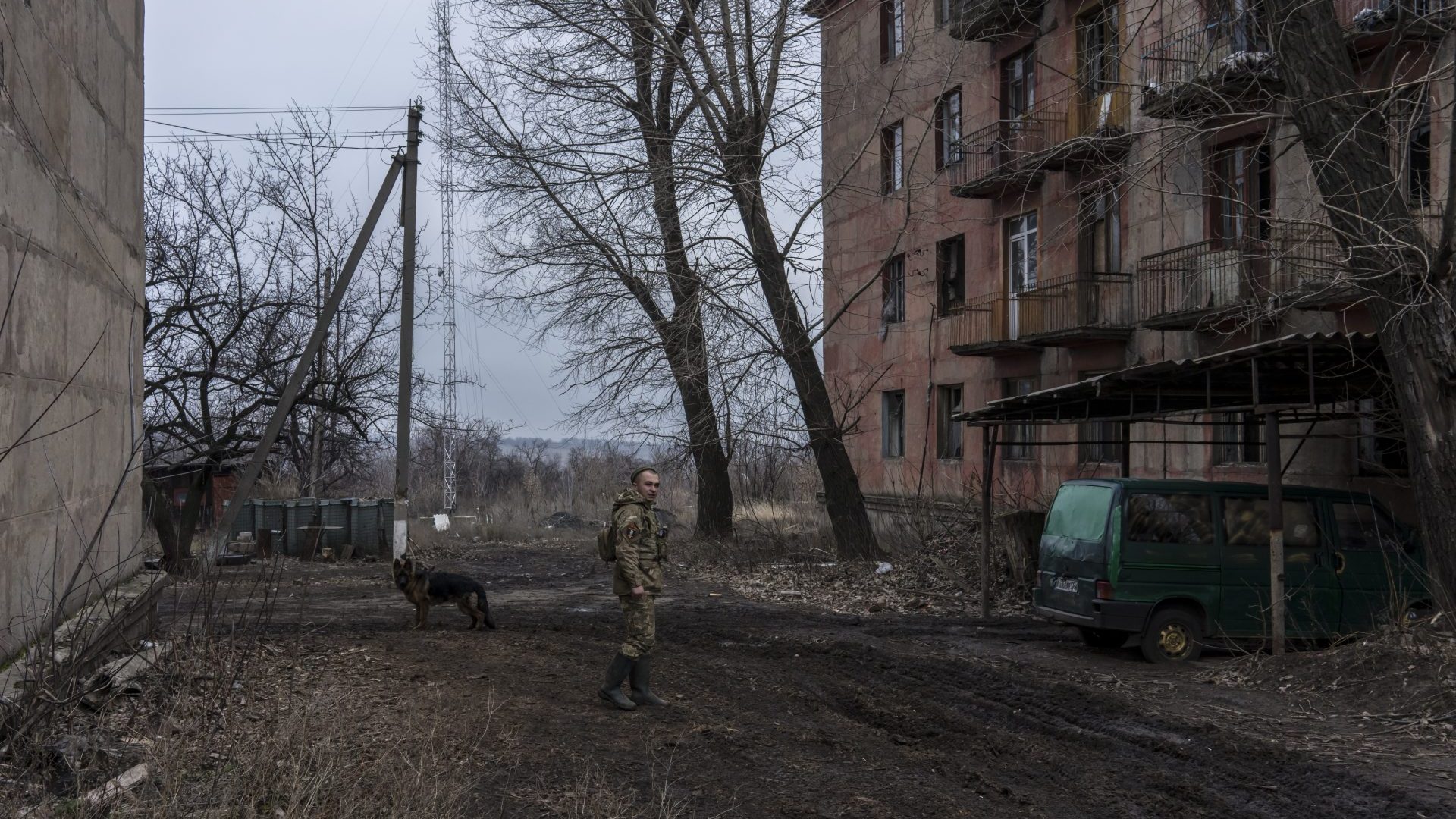My favourite Twitter fairground is #tomorrowspaperstoday, where devoted BBC nighthawks tweet UK front pages. When a crime story is among the headlines, I’m often struck by how severely you treat your criminals.
Nein, we Krauts haven’t turned all merciful. If you asked John Smith and Hans Schmidt they probably have a similar idea on who to send to prison for how long (many people, very long). But our judicial systems aren’t equally like-minded.
The Met police officers, for example, who shared photos of two murdered sisters: both men were jailed for two years and nine months. After the verdict the victims’ mother said she was “pleased”. I understand her reaction. It was a heinous crime.
And yet, in Law-and-Order Germany, the offenders wouldn’t face prison (I’m not even certain they’d be sacked). Why? Because you need to go to some extra-criminal lengths to be jailed. Our prisons aren’t empty, but – broadly speaking – if you have a job, a family and didn’t kill someone intentionally you’ll be put on probation.
Per default, sentences below two years are suspended, especially – but not only – for first-time offenders. Below one year, the judge and the prosecutor even have to justify specifically why a short-term prison sentence should apply. It hardly happens. Even less frequently with young offenders (you may be seen as young until you turn 21). Many crimes aren’t even dealt with in court because penalty orders ease the case-load of prosecutors.
The German Criminal Code allows for long prison sentences, albeit with a slight bias to penalise acquisitive crimes more than violent crimes. But, in practice, the statutory range isn’t maxed out, leading to courts sometimes being labelled täterfreundlich (favouring the offender), although some progress has been made through victim-offender mediation. Some say this leniency is due to 1968-lefties who made it to the rank and file of the criminal courts. Others point to legal philosophy, legal history and the Catholic social doctrine as opposed to puritanic retributivism.
Sadly, my relationship with criminal procedure at university was somewhat fleeting. So I asked Germany’s best-known defence lawyer for an explanation. Ferdinand von Schirach also happens to be one of the most brilliant author-playwrights, who loves to morally perplex his audience.
These are the basics for non-Germans and non-jurists, shared by Von Schirach. “What is the purpose of punishment? Why do we punish? A guy steals a pack of coffee in a supermarket and receives a sentence. It is supposed to deter all of us from stealing coffee. That’s what we call generalprävention. It should also deter the man himself from stealing coffee again. That’s what we call spezialprävention.
“In addition, punishment is supposed to compensate for injustice, although no one really knows in what way. Maybe through the idea of atonement in the old biblical sense.”
He argues: “The notion from the Enlightenment that punishment should have an educative effect on a human being certainly does not work by sending this human being to prison. He is ripped from day-to-day life, sacked from work, his children are bullied in school, he loses his footing and is now surrounded by people who sure enough will not change him for the better.”
It’s not mercy but sociology that leads to a second, third and fourth chance being granted more often than denied (and sometimes deserved) in Germany. Von Schirach goes on: “Prison, even the most progressive, means terminus. One out of three convicts will re-offend after serving time. The major goal of the penal system is resozialisierung (social rehabilitation).
“It is much better not to destroy someone’s social conditions in the first place. Everyone who works in the justice system knows this.
“That’s why a prison sentence without probation is the last resort. Sometimes there is no other way, of course, but after having locked-up people for millenniums it would be great to find something that works better.”
So coming back to the policemen’s selfies: they disgust me, I sympathise with the victims’ family, and the prison sentences send a strong and necessary signal. But despite that, I hope that when the men get out, they get their second chance.




